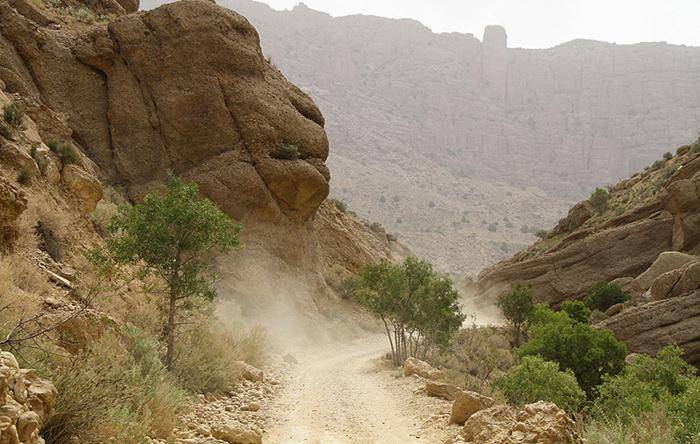As a result of the 2013 general election, the National Party led by Dr. Abdul Malik Baloch set up its government in coalition with Pakistan Muslim League (N) and Pakhtunkhwa Milli Awami Party in Balochistan. The leadership of the coalition government prioritized its objectives on political issues, governance, security, economic and administration grounds. They termed the issues of Balochistan province political in nature and decided to find solutions on priority. Dr. Malik Baloch, alongside his minister for Home and Tribal Affairs, announced a composition of a delegation comprising veteran Baloch politicians, tribal chieftains and representatives of Baloch political parties. This delegation was to start negotiations with exiled Baloch leaders who were ready to talk within the frameworks of the federation of Pakistan.
In this connection, a delegation led by Dr. Abdul Malik Baloch visited UAE, London, Switzerland and the US, and met several Baloch leaders. They quickly discovered that these leaders were living luxurious lives; the Head of the Baloch Republican Army was enjoying a posh life in Switzerland.
And what of the basic rights of Baloch masses living in Balochistan regarding electricity, gas, education and health facilities? Meanwhile, the so-called Baloch leaders living in “exile” exploit the innocence of the Baloch people by target killing, kidnapping for ransom, destroying gas pipelines, electronic pylons, bomb blasts on passenger coaches and trains, attacks on security forces and sensitive installations. They gain financial assistance from nations and countries hostile to the general public of Balochistan. Baloch society has already lagged a century behind due to their ill-vision of separating Balochistan from the fabric of Pakistan.
Historically, the reign of government in Balochistan has always been in the hands of Sardars and Nawabs. This time, when Dr. Abdul Malik Baloch took oath as Chief Minister Balochistan, certain Baloch sub nationalists fond of dynastic politics started criticising him as he is from the Baloch middle classes. On one hand, they set a timeframe to show him the door of the assembly and still their minds are obsessed with these fantasies. On the other hand, the miscreants gave momentum to their nefarious acts of terrorism across Balochistan. They started targeting installations like disrupting main gas supply lines and attacking trains by bomb blasts not only in Balochistan but also in neighboring districts of Punjab and Sindh.
Then there was the incident of the Tutak mass grave in District Khuzdar. Exhibiting political maturity, the Government of Balochistan decided to carry out a judicial inquiry of the incident. The Balochistan high court assigned Justice Noor Muhammad Muskanzai to head the commission and find the perpetrators of such an inhuman crime. The judge visited the area of the incident in person and a number of affected Baloch people from neighboring Tutak villages recorded their statements; apparently some men were picked up by the Balochistan Liberation Army for not supporting their cause. They expressed fear that the mutilated bodies found form Tutak may be of their missing relatives. To ascertain this, doctors in district hospital Khuzdar were asked to collect blood samples of witnesses to carry out DNA tests from concerned quarters.
On 20 May, 2014, the Judicial Tribunal submitted its inquiry report on Tutak incident to the government of Balochistan. Subsequently, the Balochistan Government published the essentials of the report on 18th August, 2014. The commission categorically maintained that none of the witnesses recorded a single statement against the Pakistan Army, Intelligence Agencies and government. The commission demanded to take stern action against the authorities of the district government administration Khuzdar for not taking notice of the build up of militant camps. It has also recommended removing the checkpoints established by the BLA around Sardar Shehr Khuzdar. Now this is the time that the incumbent government should demonstrate the capability of its governance and act upon the findings and recommendations of the judicial inquiry by clearing the area of terrorists of all hues, for the interests of the general public. There is no relying on exiled Baloch leaders any longer.
The writer is a rights’ activist and works for the welfare of Baloch Shuhada in Balochistan






